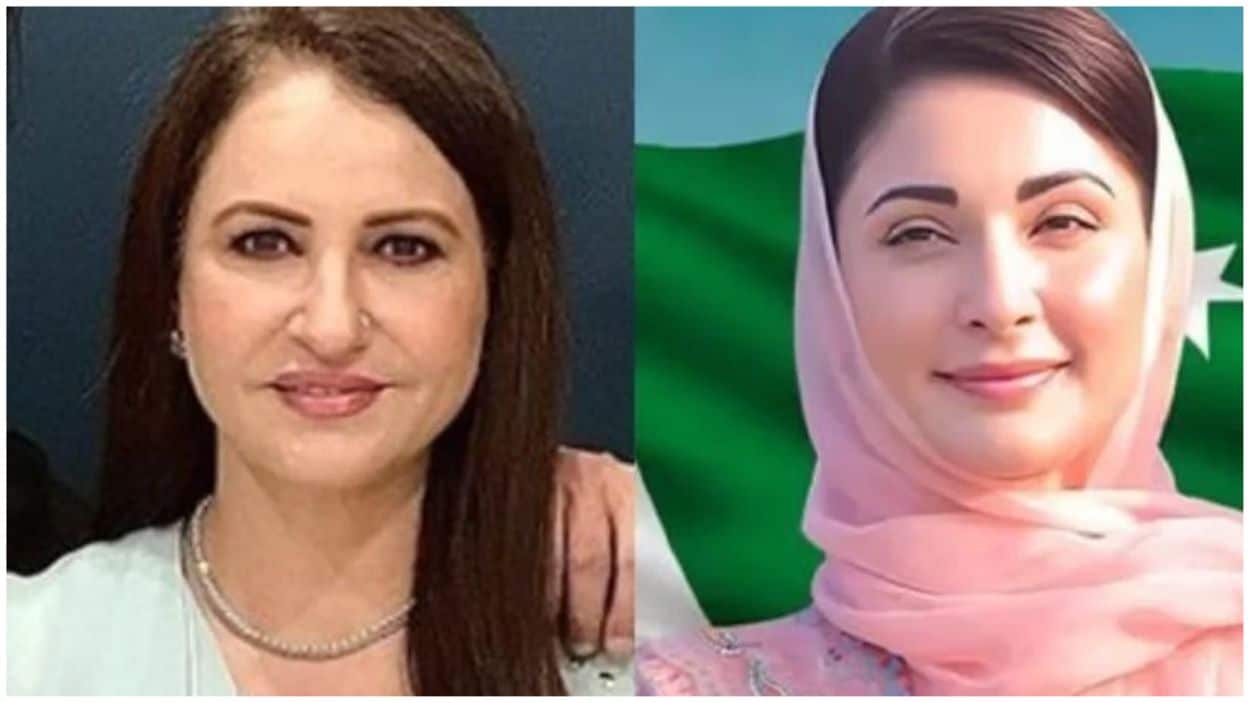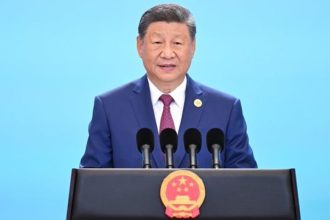Recently, a new trend in campaign advertising has emerged in Pakistan. Governments and opposition parties increasingly turn to artists, influencers, and vloggers to promote their initiatives or criticize their opponents.
Currently, the spotlight is on videos concerning Punjab’s Chief Minister Maryam Nawaz’s 100-day performance, which have sparked widespread discussion and even campaigns to boycott the creators of these videos.
Many PTI influencers and supporters have voiced concerns that the Punjab government has excessively funded its advertising campaigns. Influencers or vloggers often set their fees based on their follower count, assuming more followers and engagement lead to higher compensation.
According to a BBC report, numerous influencers and actors have publicly supported various initiatives by the Punjab government over the past 100 days. Prominent figures such as Yasir Hussain, Ayesha Omar, and Sanam Saeed have praised projects ranging from digital education reforms to minority protections and healthcare improvements.
Read: Uzma Bukhari Encounters ‘Shame’ Chants in Murree
In an interview with the BBC, Actress Saba Faisal confirmed that some videos were part of a ‘paid promotion,’ directly contradicting Punjab’s Minister of Information, Uzma Bukhari, who denied these claims.
Faisal recounted how she faced pressure to produce a video quickly, which led to online backlash and abusive comments, causing her to remove the video initially.
During these promotional efforts, some influencers, including vlogger Hamza Bhatti, have chosen not to participate, citing ethical concerns and a commitment to maintaining their integrity.
In response to the controversy, Uzma Bukhari stated that the government did not commission or compensate any celebrities for these videos, asserting that the influencers produced the content voluntarily based on their observations.
Ethical Considerations for Paid Content
When influencers engage in paid promotions, especially those with political implications, it is crucial that they adhere to strict ethical guidelines. This includes transparent disclosure of sponsorships and ensuring that their endorsements are not solely for personal gain but are genuine and considerate of their audience’s diverse perspectives.
Influencers are encouraged to use their platforms responsibly, promoting voter registration and education and fostering respectful and inclusive discussions.
With these principles, influencers and public figures can navigate the complex interplay of politics and social media with integrity, ensuring their contributions to public discourse are constructive and transparent.






